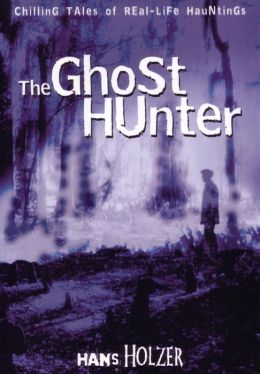Thirty-five philosophers of varying diabolic inclination gather under
editor Robert Arp's direction to opine on whether the devil exists, and
if so, what might be his objectives. The 35 thinkers spin short and
usually entertaining ruminations exploring deviltry's long reach into
history, religion, literature and the arts. The scattershot result
likely won't change a reader's mind about what Satan's up to if he's
actually around, but the book's a breezy, interesting read written with
forked tongues planted firmly in leathery cheeks. (Note: Readers
desiring a weightier and very amusing contemplation of Lucifer's
curriculum vitae and future plans will enjoy Jeremy Leven's 1982 novel,
"Satan, His Psychotherapy and Cure by the Unfortunate Dr. Kassler,
J.S.P.S.")
Friday, February 20, 2015
Book Review: Napoleon: A Life, by Andrew Roberts
There are few, if any, people about whom more books have been written
than Napoleon Bonaparte. Given the man's appropriately lauded
sociopolitical and legal achievements contrasted against the nearly
unimaginable brutality of the wars bearing his name, unsurprisingly
Napoleon's myriad biographers are divided between admirers and
detractors, the latter outnumbering the former. However, Andrew Roberts'
book, Napoleon: A Life, places the author firmly among Napoleon's
devotees. The linchpin of this book, as stated on its jacket, is that
Roberts "take[s] advantage of the recent publication of Napoleon's
thirty-three thousand surviving letters, which radically transform our
understanding of his character and motivation." Roberts interweaves his
subject's vast written commentary covering the entire spectrum from
mundane to meaningful against the backdrop of Napoleon's improbable rise
and meteoric collapse as militarist and politician in a short life that
still resonates loudly in our world today. Roberts paints the end of
Napoleon's career as attributable less to a clearly flawed character
than to trusting the wrong people and fighting the wrong battles badly.
("When Waterloo is war-gamed, France usually wins," says a footnote on
page 766.) Either way, the result reduced Napoleon from Emperor of
France and ruler of nearly all Europe to Britain's lonely prisoner, left
to die an outcast on a barren, isolated volcanic rock in the South
Atlantic, light years from Paris.
Book Review: The Ghost Hunter, by Hans Holzer
The technology-laden art of ghost-hunting commonly practiced today
(evidenced by the scads of popular ghost-hunting shows currently
haunting your cable television for all the 26 weeks on either side of
Halloween) is based largely on an extravagant array of exotic gadgets
calibrated to detect the piercing of our earthly veil by ethereal forces
otherwise immeasurable dispassionately. This "objective" approach was
first widely championed and documented by Briton Harry Price in his 1940
tome, The Most Haunted House in England, a classic in the field
examining the haunting of Borley Rectory in Essex. But there are more
ways than one to confront a wraith, as celebrated American spirit chaser
Hans Holzer demonstrates in his seminal 1963 (reprinted in new editions
in 2005 and 2014) work, The Ghost Hunter. Rather than depend on cold
engineering's electronic or mechanical fruits like Price and most
phantom finders currently on TV, Holzer's methodology relies on
selecting deft and trustworthy psychic mediums to accompany him on
investigations of locations squatted by specters along America's
northeast coast. Once ensconced in a haunted location, Holzer's
medium-du-jour allows herself to be commandeered by the wronged spirit
so the latter can speak the grievances that compel it to wreak eerie
havoc. The book's collection of reports is mostly entertaining,
sometimes enlightening, and Holzer's interventions usually (but not
always) lead to the elimination of spooky doings once the living
appropriately address the ghosts' gripes. Holzer's book teaches it may
be folly to assume people's quest for fairness in love and war is
constrained by mortal borders, and that a good medium gives any fancy
contraption a run for its money in tracking ghosts.
Subscribe to:
Posts (Atom)


